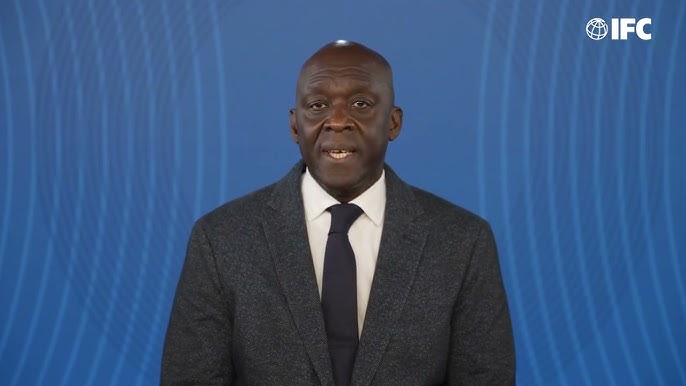The International Finance Corporation (IFC) has urged Pakistan to prioritise political and macroeconomic stability while expediting reforms to unlock private sector growth, enhance investment, and drive long-term economic prosperity.
Ahead of his two-day visit to Pakistan starting today [Thursday], IFC Managing Director Makhtar Diop emphasised the need for a stable policy environment, adherence to the International Monetary Fund (IMF) program, and financial sector reforms to attract foreign direct investment. He highlighted that without political stability, Pakistan would struggle to achieve sustainable economic progress.
Diop underscored the country’s significant economic potential, citing its young, tech-savvy workforce and vast investment opportunities. He noted that digital transformation could add $60 billion in value by 2030, positioning Pakistan as the seventh-largest consumer market globally. However, he stressed that stability and policy consistency are essential for realizing this potential.
The IFC, a commercial arm of the World Bank Group, is targeting high-impact investments in manufacturing, agriculture, corporate farming, complex exports, and financial inclusion.
The IFC’s engagement aligns with the World Bank Group’s $20 billion Country Partnership Framework, a 10-year strategy focusing on human capital, private sector growth, and economic resilience. The framework will undergo a mid-term review in 2030 to reassess priorities, particularly in addressing challenges such as child stunting, learning poverty, climate change, and energy sustainability.
A key initiative is the IFC’s partnership with the UK to mobilize $560 million in private capital for Pakistan’s $348 billion low-carbon transition by 2030. This effort aims to support climate resilience and sustainable economic transformation.
Diop reaffirmed the IFC’s support for Pakistan’s economic reform agenda, stressing the need to double the investment-to-GDP ratio from 13% to at least 25% to remain competitive globally. He also emphasized the importance of increasing female labor force participation, currently the lowest in South Asia at 25%.
Diop reiterated the IFC’s commitment to collaborating with the Pakistani government on economic transformation initiatives, including the National Economic Transformation Plan and Uraan Pakistan.




